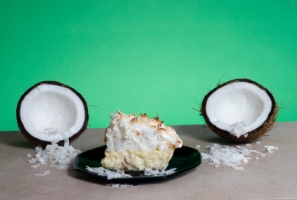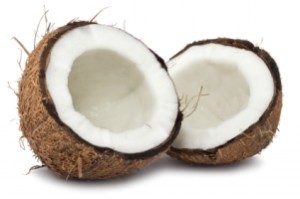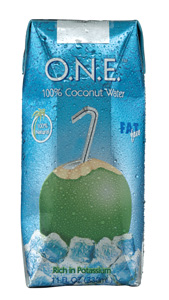Melissa Spiesman, CHHC, AADP, is the Featured Guest Blogger at DietsInReview.com for September. She is the director of Nutrition for Your Life, a nutrition program that focuses on health and wellness through whole foods. Melissa develops individual integrative nutrition plans that focus on the total health of her clients. In her private practice, she regularly counsels individuals and groups on a variety of health/nutrition issues, including: cravings, weight loss and management, healthy food preparation, coping with stress, and having more energy.
Melissa received her professional training at the Institute for Integrative Nutrition which is affiliated with Columbia University in New York City. She is certified by the American Association of Drugless Practitioners.
Melissa is a featured contributor of girlawhirl.com. Girlawhirl.com is an online magazine for busy women. It’s updated every weekday with the latest fashion and beauty news, home decorating, nutrition, fitness advice and more.
The science of nutrition is relatively young, and there seems to be an ongoing stream of contradictory data – what is good for us and what is not so good. One area where we are continually faced with conflicting information is the area of fats; we learned that saturated fat could have harmful effects on our health. Big businesses campaigned against saturated fats and there was a rise in the promotion of margarine and partially hydrogenated vegetable oils. We tried to eliminate saturated fat products from our diets.
But now, as with many things in our lives, everything old is new again and the latest re-entry is coconuts. Nutrient dense coconuts (milk, meat, water and oil) are now being classified as a functional food. Research shows that the fat in coconut oil is different from most other saturated fats, as it is made up of medium chain fatty acids that are easily converted into energy, not stored as fat, and has no cholesterol.

Studies have been conducted on the health of people who live in tropical climates and whose main staple of their diets is coconut. It has been found that they do not suffer from any of the heart disease and cholesterol problems associated with saturated fats and they are benefiting from many of the coconut’s health promoting properties.
Coconut oil has the largest concentration of lauric acid, outside of human breast milk. Some of the oil’s health benefits include but are not limited to: immune system support, heart health, protection from certain cancers, known to be an anti-viral and anti-bacterial, supports thyroid function, and assists in menopause and diabetes care. Because it is burned easily for energy, it can boost metabolism and has been successfully used in weight loss programs. Additionally, coconut oil is shelf stable, resistant to rancidity, and can withstand very high cooking temperatures.
In an effort to re-educate consumers and uncover the truth, there are many books on the benefits of coconut oils as well as books dedicated not only to educating but demonstrating ways to include coconut products as an addition to a healthy diet. Coconut has been showing up in many new food products. Girlawahirl especially loves Purely Decadent coconut milk ice cream and has been enjoying coconut water.
Those who are health conscious and willing to learn about and explore new foods and trends will be able to see the positive health benefits of coconut oil and once again enjoy the rich, creamy texture and smooth unique flavor it imparts on our food and drink.
As it is difficult to keep up with the latest nutrition recommendations, I still believe that everything is healthy in moderation.
Guest Blog Series: Look for the following badge on your favorite health sites to see if they have been a featured guest blogger on DietsInReview.com.

See other posts in the Guest Blog series. If you would like to apply to be featured as a guest blogger, please contact us.




 By Abra Pappa for
By Abra Pappa for 






